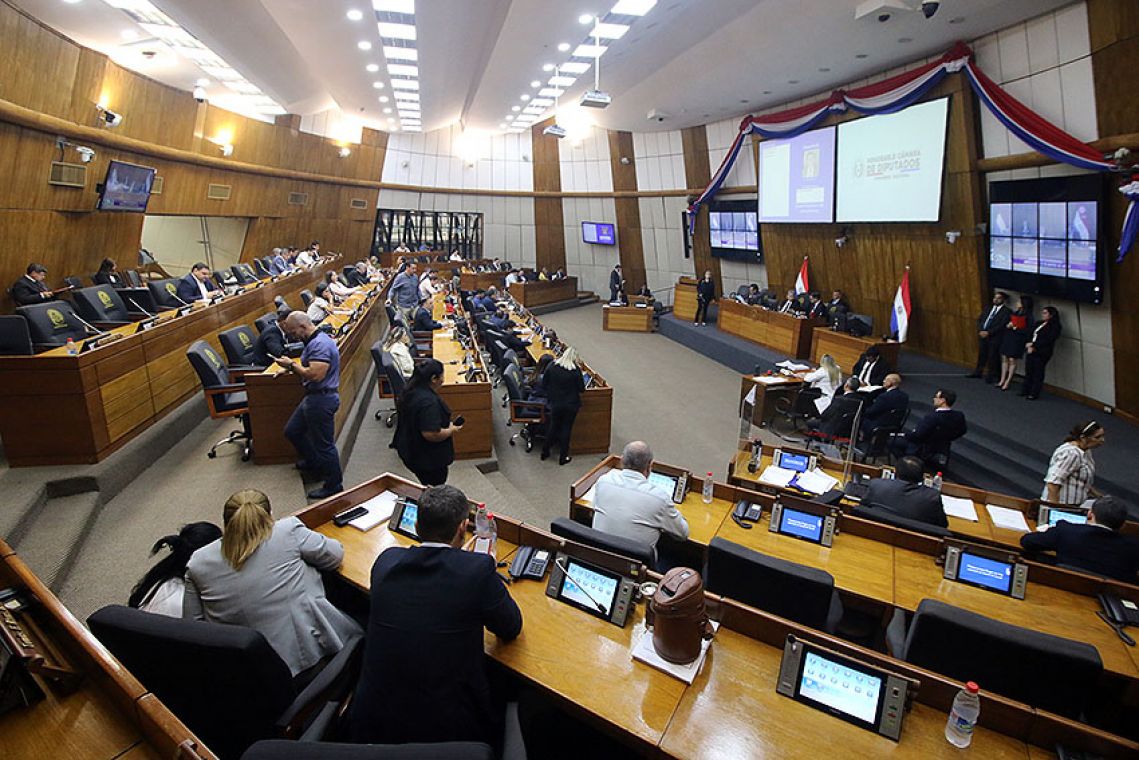This project, presented by legislators Jorge Ávalos Mariño (PLRA-Paraguarí), Edgar Acosta (PLRA-Central), and the head of the Lower House, Carlos María López (PLRA-Cordillera)seeks that the body of control by nature, which is the Comptroller General of the Republic (CGR), can fully comply with the verification of the economic and financial activities of the State, departmental and municipal governments, as established by the National Constitution.
The designers argued the need to modify the aforementioned law, in order to prevent the Court of Accounts from continuing to receive accounts from some 100 state agencies and entities that they do not send their documentation to the CGR.
In essence, the modification establishes that the Court of Accounts will not be able to evaluate the accounts of the State Organizations and Entities, whose administrative analysis, it provides, will be in charge of the Comptroller General of the Republic.
It also stipulates that in the event of evidence of punishable acts arising from administrative verification, the relevant agencies will intervene for the corresponding criminal investigation.
On the other hand, it provides that The Court of Accounts must immediately remit to the Comptroller General of the Republic, all documentation presented by public entities, governments, municipalities or any other body that receives or manages public funds.s, that is related to the analysis that could be carried out by said institution, in the exercise of its constitutional functions.
“The institutions that have avoided the control of the Comptroller General, we understand that it is because they have something to hide, otherwise they would not have to do it that way,” said Deputy Acosta.
For deputy Kattya González (PEN-Central), it is necessary for the Supreme Court of Justice to stop granting unconstitutional measures so that public institutions can escape the control of the Comptroller General of the Republic.
Deputy Derlis Maidana (ANR-Misiones) expressed his support for the project and called for punishment for public resource managers who lie in their accounts.
Let us remember that the Court of Auditors had, with the Constitution of 1967, the power to judge the accounts of public institutions, a situation that has been modified since 1992, since the Current Constitution withdraws such competence from the Court of Accounts.
However, some institutions felt aggrieved by this change and filed requests for unconstitutionality that were granted by the Supreme Court of Justice and so far their accounts are audited by the Court of Accounts.
The Chamber of Deputies approved, without modifications, said project that originated in the Comptroller General of the Republic itself and its referral to the Chamber of Senators for its consideration was arranged.

















